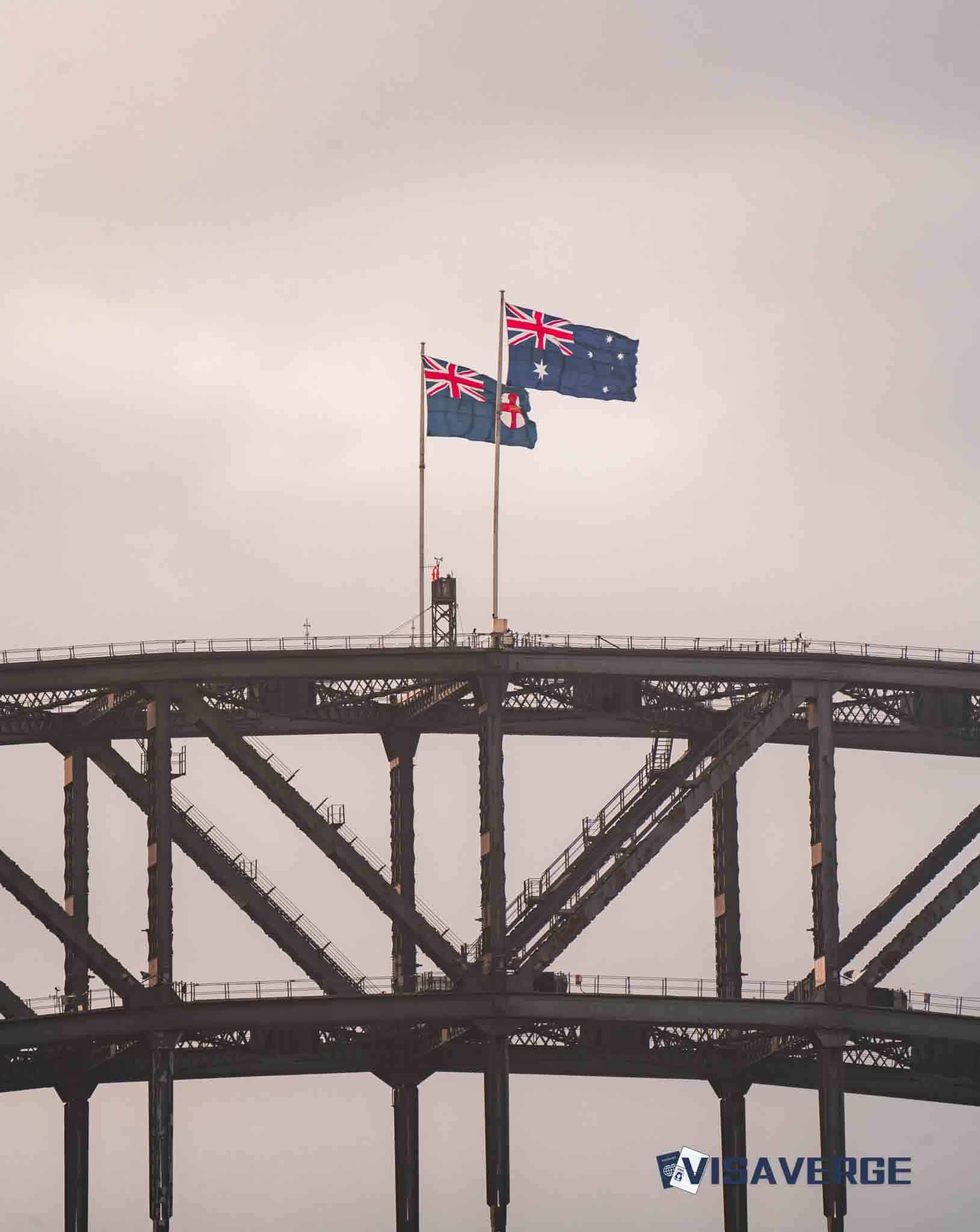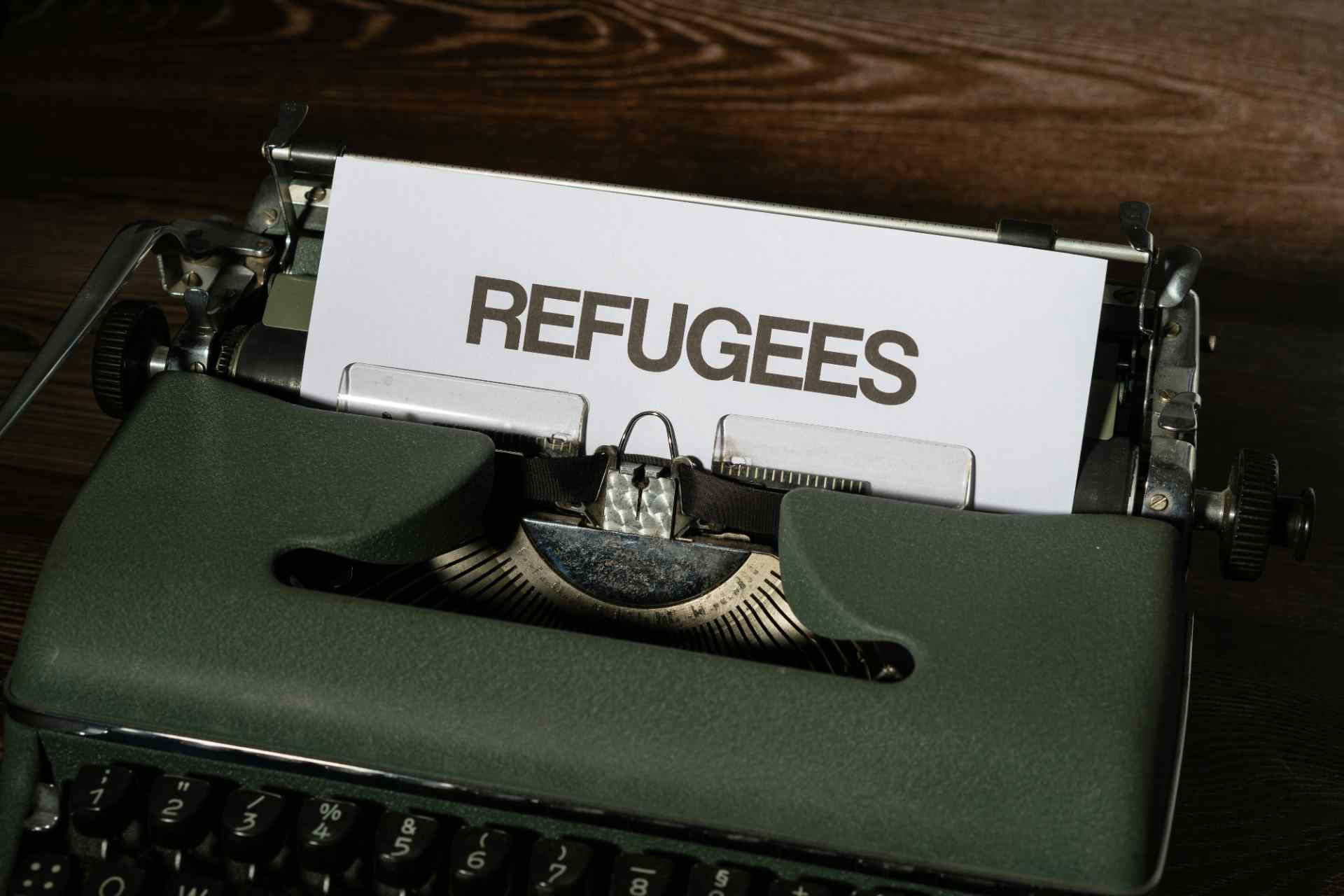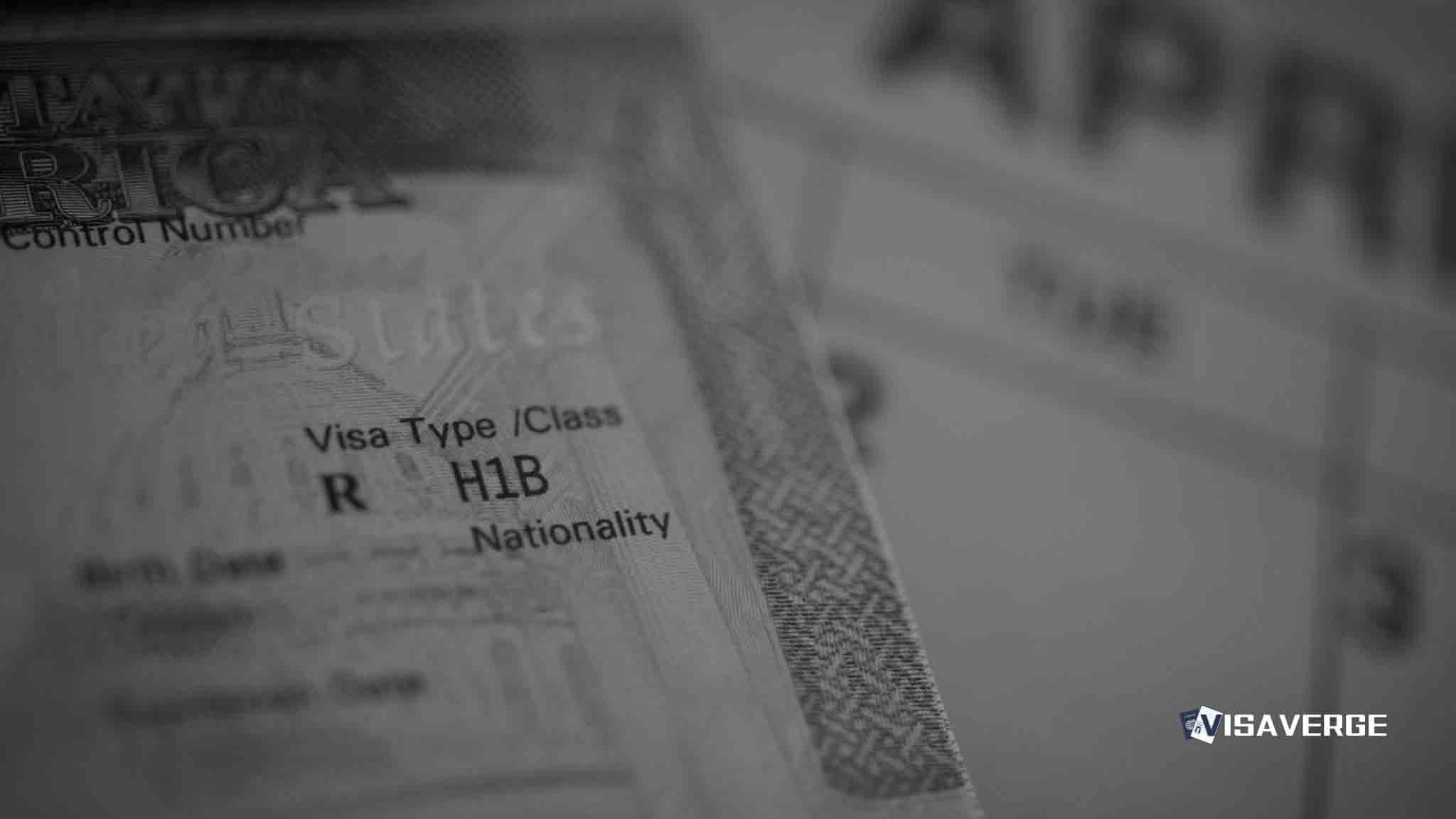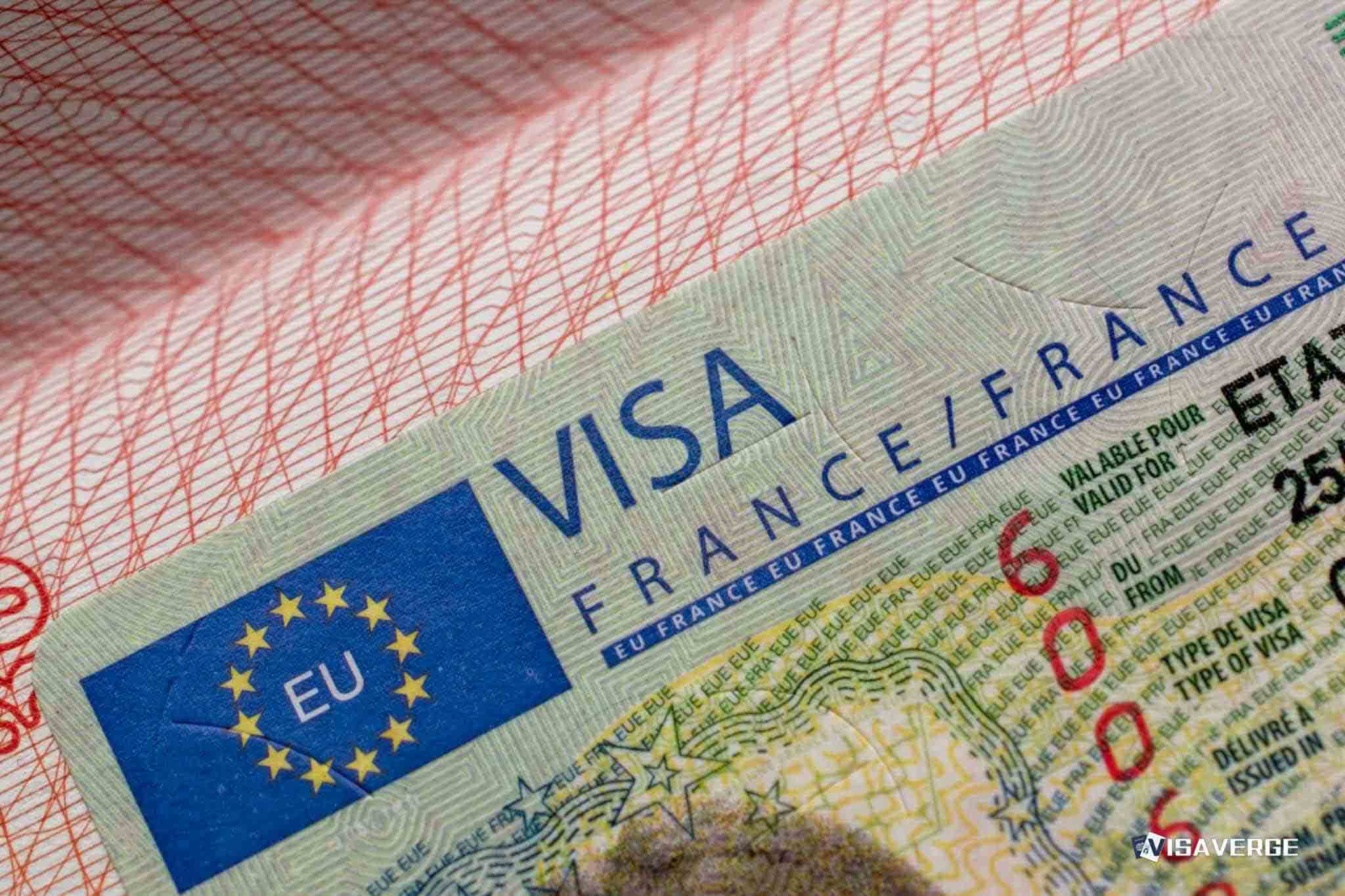(AUSTRALIA) Australia has revoked the visa of Israeli Knesset Member Simha Rotman, effective August 18, 2025, blocking his entry with a three-year ban. Officials said the decision followed his public support for annexing the West Bank and statements they described as inflammatory. The move comes just weeks before Canberra plans to back formal recognition of the State of Palestine at the United Nations in September 2025, signaling a sharper turn in Australia’s Middle East policy. Rotman had been due to visit Sydney and Melbourne for a community event.
Rotman, a senior lawmaker in Prime Minister Benjamin Netanyahu’s coalition and chair of the Knesset’s Constitution, Law and Justice Committee, was scheduled to address a conference organized by the Australian Jewish Association. Home Affairs Minister Tony Burke made the final call to cancel the visa, citing community safety and the government’s stance against messages that divide.

“Anyone who comes with such messages is not welcome. Australia will be a country where everyone can be and feel safe,” the minister said, underscoring the government’s focus on preventing hate speech at public events.
The Australian Jewish Association expressed disappointment, saying the visit aimed to support local Jewish communities amid rising anti‑Semitism. According to analysis by VisaVerge.com, the cancellation reflects a growing willingness by Western governments to weigh public statements by foreign officials when deciding visa access, especially when those statements conflict with stated policy goals on the two‑state pathway.
Israel responded quickly. Officials revoked visas for Australian representatives to the Palestinian Authority and said future applications by Australian officials for entry to Israel would face tighter checks. Israeli Foreign Minister Gideon Saar condemned the decision and tied it to wider tensions over Palestinian statehood. Israeli officials warned that further steps could follow if Canberra continues along this path.
Ban details and precedent
- Rotman is blocked from reapplying for an Australian visa for three years.
- While the cancellation applies personally to him, officials say it sets a clear line for others.
- Australian authorities have flagged that foreign officials who support annexation or the displacement of Palestinians could face similar outcomes.
This action follows earlier steps:
– November 2024: Australia denied a visa to former Israeli minister Ayelet Shaked.
– June 2025: Australia joined other Western countries in sanctioning far‑right Israeli ministers Itamar Ben‑Gvir and Bezalel Smotrich over calls for violence and displacement.
Policy context and diplomatic fallout
On August 11, 2025, Australia announced it would vote to recognize the State of Palestine at the UN General Assembly next month, joining partners such as France, Canada, New Zealand, and the UK. Officials framed the shift as support for a two‑state solution and said it reflects recent pledges by the Palestinian Authority to reform governance, demilitarize, and hold elections.
The government has also pointed to:
– Israel’s settlement expansion, and
– The Netanyahu coalition’s public opposition to Palestinian statehood
as drivers for its new stance.
Foreign Minister Penny Wong and Prime Minister Anthony Albanese have said Australia will work with like‑minded countries to support moderate voices, reduce tensions, and create conditions for talks. While Canberra stresses it will continue strong ties with Israel, it is also signaling that entry to Australia is not automatic for foreign figures whose statements appear to fuel division at home. In that sense, the Rotman decision serves both as a domestic safety measure and as part of a wider diplomatic reset.
Israeli leaders view these moves as unfair and harmful to bilateral relations. The reciprocal visa restrictions and public criticism from Jerusalem show how quickly policy choices can spill into routine diplomatic work. With the UN General Assembly approaching, more steps—symbolic or practical—are possible on both sides. Trade, research links, and official visits could all feel the strain if tensions rise.
Practical implications for travelers and communities
For Israeli officials and other public figures seeking to enter Australia, the message is straightforward: public advocacy for annexation, population transfer, or policies that attack the two‑state idea may lead to visa denial or cancellation. The Rotman case shows this applies even to short‑term visits for conferences.
Organizers in Australia who invite international speakers should:
– Plan earlier,
– Be ready for closer checks of invitees’ public records, and
– Consider potential reputational and security implications.
For Australian diplomacy, the visa action and the recognition plan move Canberra closer to European partners pressing for a two‑state outcome. Officials say these steps aim to keep Australians safe and to lower community tensions. The government ties this to broader efforts to counter both anti‑Semitism and Islamophobia, seeking to protect public debate while blocking messages seen as inciting hate.
Community reactions are mixed:
– Some Jewish groups worry that blocking a speaker like Simha Rotman limits community outreach.
– Palestinian groups welcome the decision and the recognition plan as overdue support for statehood.
– Community leaders in cities like Sydney and Melbourne will face the delicate task of keeping events safe and respectful as the political debate grows louder.
How Australia considers visa bans — the typical process
Australia uses a clear process when considering a visa ban in cases like this:
- Identification of the applicant: officials review public statements and event plans, especially for high‑profile visits.
- Assessment of risk: speech that backs occupation or calls that undermine a two‑state path may be flagged.
- Ministerial decision: the Home Affairs Minister can cancel the visa, citing safety and public interest.
- Notification and ban: the person is told of the cancellation and the three‑year block on reapplying.
- Public statement: the government explains its reasons and how the decision fits with current policy.
People affected by a visa cancellation often seek legal help. If you plan to appoint a migration agent or a lawyer to deal with the Department of Home Affairs, you can file Form 956 (Appointment of a registered migration agent, legal practitioner or exempt person). The form is available here: https://immi.homeaffairs.gov.au/form-listing/forms/956.pdf.
If you later end that appointment, use Form 956A (Appointment or withdrawal of an authorised recipient): https://immi.homeaffairs.gov.au/form-listing/forms/956a.pdf.
Your cancellation notice will explain any review rights and deadlines. These depend on who made the decision and the legal basis used.
Government guidance on visa cancellations and public order settings is available at the Department of Home Affairs: https://www.homeaffairs.gov.au. Officials urge applicants, event hosts, and community groups to monitor updates as the UN General Assembly nears. With the recognition vote set for September 2025, more announcements may come quickly.
Key takeaway: The Rotman case underlines how visa policy and foreign policy now move together. Australia is using border powers to back its stance on a two‑state solution and to set a standard for public conduct by visiting officials.
Israel’s counter‑measures, including visa moves against Australian representatives to the Palestinian Authority, show that Canberra’s decisions carry costs abroad as well. Whether the tone cools after the UN session will depend on choices in both capitals—and on whether the promised reforms by the Palestinian Authority take root, as Australia says it expects.
For now, Simha Rotman stays out, and the debate over the State of Palestine moves to New York next month.
This Article in a Nutshell
Australia revoked Israeli MP Simha Rotman’s visa on August 18, 2025, banning reapplication for three years. Canberra cited his support for West Bank annexation and inflammatory remarks. The move precedes Australia’s planned UN recognition of the State of Palestine in September 2025, and triggered reciprocal Israeli visa measures and diplomatic strain.








